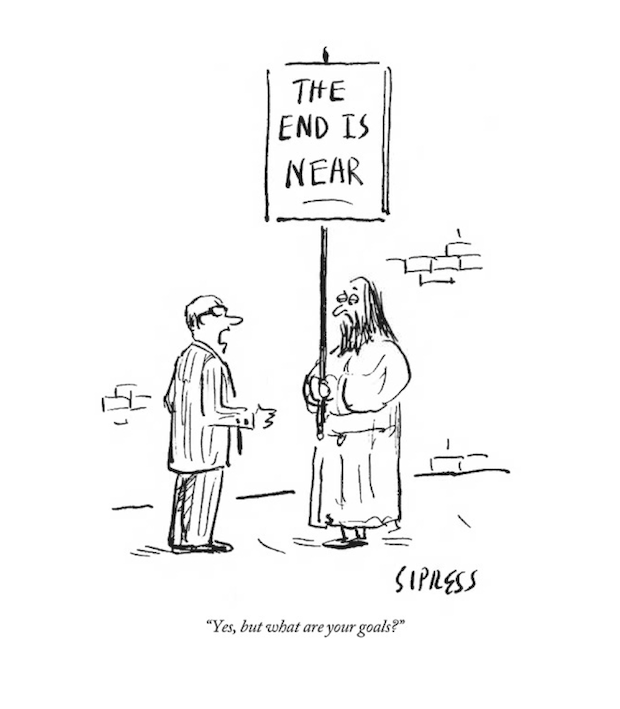
“You can’t list your iPhone as your primary-care physician.”
PHIL 3345. Supporting the philosophical study of bioethics, bio-medical ethics, biotechnology, and the future of life, at Middle Tennessee State University and beyond... "Keep your health, your splendid health. It is better than all the truths under the firmament." William James

 Medication is the most common treatment for someone suffering from a mental illness, but while for many this helps there are some that is does not. Many medications act merely as a placebo for the patient. This is not saying the medication does not work, however, just that most patients are usually unresponsive to the first medication they try. there are some case that the medication was genetically incompatible with patients. One case is a 45 year old named Melissa. She was prescribed Paxil, but due to her genetics, her body broke down the medicine too fast for the medicine to help her. There is also circumstances opposite of this in which people can not breakdown the medicine and the medicine causes them severe side-effects. This is why gene analysis is becoming so important. As we are becoming able to map and view a persons genes, we can more accurately prescribe them medicine. This while still too expensive for the average person may someday be able to turn the view of medicines for mental illnesses as a placebo to a much more efficient, optimal resource.
Medication is the most common treatment for someone suffering from a mental illness, but while for many this helps there are some that is does not. Many medications act merely as a placebo for the patient. This is not saying the medication does not work, however, just that most patients are usually unresponsive to the first medication they try. there are some case that the medication was genetically incompatible with patients. One case is a 45 year old named Melissa. She was prescribed Paxil, but due to her genetics, her body broke down the medicine too fast for the medicine to help her. There is also circumstances opposite of this in which people can not breakdown the medicine and the medicine causes them severe side-effects. This is why gene analysis is becoming so important. As we are becoming able to map and view a persons genes, we can more accurately prescribe them medicine. This while still too expensive for the average person may someday be able to turn the view of medicines for mental illnesses as a placebo to a much more efficient, optimal resource.  This theme of genetics is not only a more effective way of prescribing medicine, but this is allowing for some of the most effective research to be done on mental illnesses. While the genes themselves are not technically the causes of mental illness they shows signs of predispositions to mental illnesses. While these are not bio-markers that can definitively tell if someone is suffering from an illness there can help someone determine how to help them pre-illness possible. Since the rate of occurrence has risen so much over the years maybe doctors could check these makers as a deterrent. Mental illness is not like other diseases in which there is a clear cure. Even with the evolving medicine and other treatment many people still have a hard time living a normal life. If say they were being informed beforehand that certain types of lifestyles could be potentially bad maybe that could help them. This does not mean tell someone that a life without a constant flow of money like an aspiring artist or musician is possible bad for them so the can not do it. However, if they no something is already predisposed to be hard on them they can work harder as to not let it affect them too much. I look at it like high school teachers telling you college will be hard, so when you get to college you know it will be hard and are more prepared. It does not mean you will pass or that you are truly prepared, but it gives you the knowledge that you will have to work if you really want to do it.
This theme of genetics is not only a more effective way of prescribing medicine, but this is allowing for some of the most effective research to be done on mental illnesses. While the genes themselves are not technically the causes of mental illness they shows signs of predispositions to mental illnesses. While these are not bio-markers that can definitively tell if someone is suffering from an illness there can help someone determine how to help them pre-illness possible. Since the rate of occurrence has risen so much over the years maybe doctors could check these makers as a deterrent. Mental illness is not like other diseases in which there is a clear cure. Even with the evolving medicine and other treatment many people still have a hard time living a normal life. If say they were being informed beforehand that certain types of lifestyles could be potentially bad maybe that could help them. This does not mean tell someone that a life without a constant flow of money like an aspiring artist or musician is possible bad for them so the can not do it. However, if they no something is already predisposed to be hard on them they can work harder as to not let it affect them too much. I look at it like high school teachers telling you college will be hard, so when you get to college you know it will be hard and are more prepared. It does not mean you will pass or that you are truly prepared, but it gives you the knowledge that you will have to work if you really want to do it. Two new books — “Mercies in Disguise” by Gina Kolata and “The Family Gene” by Joselin Linder — look at how individuals cope with devastating genetic diseases.